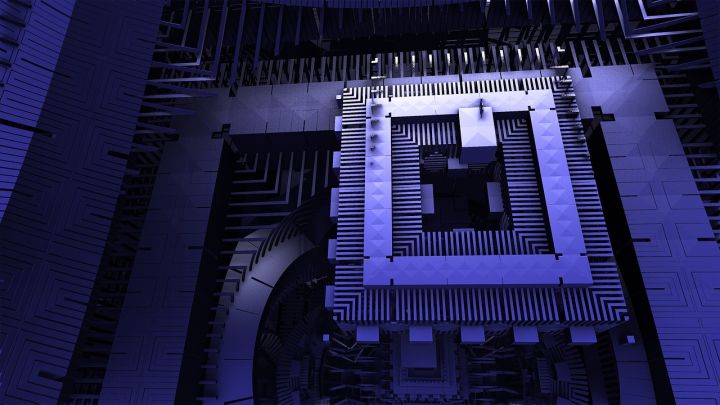Can Blockchain Technology Revolutionize Digital Security?
In an era where data breaches and cyber attacks are becoming increasingly prevalent, the need for robust digital security measures has never been more pressing. Traditional security systems have often proven to be vulnerable to attacks, leaving organizations and individuals exposed to potential harm. However, a new technology is emerging that has the potential to revolutionize digital security – blockchain.
Understanding Blockchain Technology
Before we delve into how blockchain can enhance digital security, let’s first understand what blockchain technology is. At its core, blockchain is a decentralized and transparent digital ledger that records transactions across multiple computers. Unlike traditional ledgers, blockchain does not rely on a central authority, making it resistant to tampering and fraud.
Enhanced Data Encryption
One of the primary ways in which blockchain can revolutionize digital security is through enhanced data encryption. Traditional encryption methods rely on a central authority to secure data, which can be vulnerable to attacks. In contrast, blockchain uses complex cryptographic algorithms to secure data, making it virtually impossible for unauthorized individuals to access or alter the information.
Immutable Data Records
Another key feature of blockchain technology that enhances digital security is the concept of immutability. Once a transaction is recorded on the blockchain, it becomes virtually impossible to modify or delete. This means that every transaction is permanently recorded and can be easily verified, providing a high level of transparency and accountability.
Decentralized Storage
Centralized data storage systems have long been a target for hackers, as breaching a single point of entry can grant access to vast amounts of sensitive information. Blockchain, on the other hand, offers a decentralized storage system where data is distributed across multiple computers, known as nodes. This decentralized approach significantly reduces the risk of a single point of failure and makes it more challenging for hackers to compromise the system.
Smart Contracts
Blockchain technology also introduces the concept of smart contracts, which can further enhance digital security. Smart contracts are self-executing contracts with the terms of the agreement directly written into code. Once the predefined conditions are met, the contract is automatically executed, eliminating the need for intermediaries and reducing the risk of fraud or manipulation.
Securing Internet of Things (IoT) Devices
As the number of IoT devices continues to grow, ensuring their security has become a significant concern. Blockchain technology can play a crucial role in securing these devices by providing a decentralized and secure network for communication and data sharing. By leveraging blockchain, IoT devices can authenticate and communicate with each other without the need for a central authority, reducing the risk of unauthorized access or tampering.
Challenges and Limitations
While blockchain technology holds immense potential for revolutionizing digital security, it is not without its challenges and limitations. The scalability of blockchain networks, for example, remains a significant concern. As the number of transactions increases, the network can become slower and less efficient, posing potential limitations for widespread adoption.
Furthermore, the complexity of implementing blockchain technology can also be a barrier for organizations looking to enhance their digital security. The technology requires specialized knowledge and expertise, which may not be readily available to all.
Conclusion
As the digital landscape becomes increasingly complex and threats to data security continue to evolve, the need for effective security measures becomes paramount. Blockchain technology offers a promising solution to these challenges by providing enhanced data encryption, immutable data records, decentralized storage, and the concept of smart contracts. While there are challenges and limitations to overcome, the potential benefits of blockchain in revolutionizing digital security cannot be ignored. It is up to organizations and individuals to explore and harness the power of blockchain technology to safeguard their digital assets in an increasingly interconnected world.






